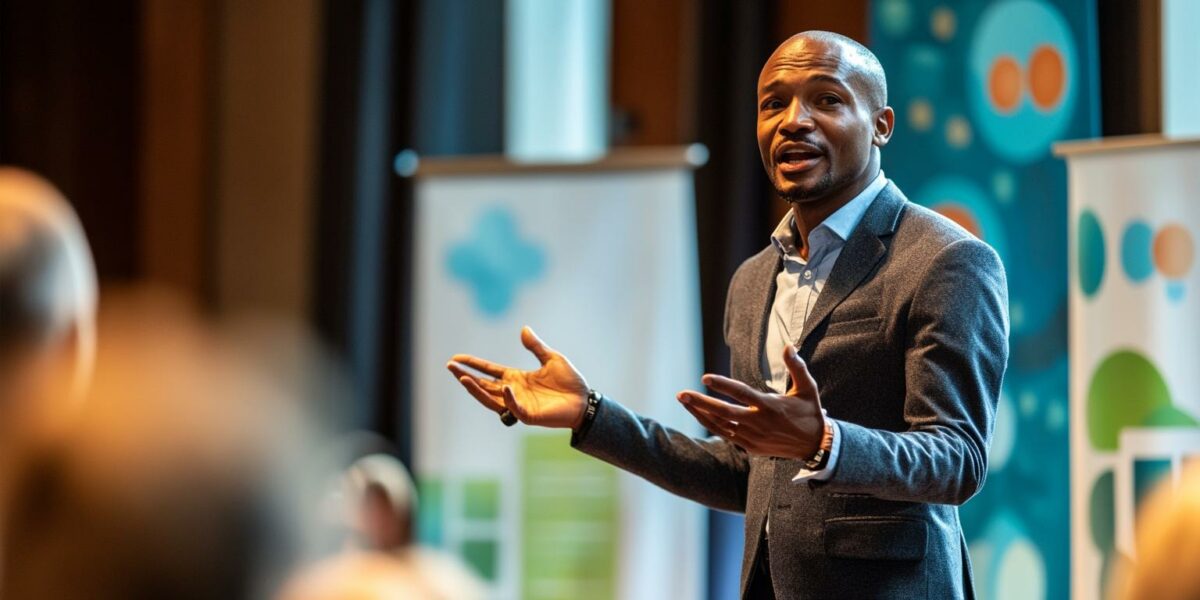Transforming the Workforce for a Greener Future
Governor Maura Healey emphasized the critical need for a collaborative effort to tackle climate change. Speaking at the Harvard Club of Boston, she highlighted the essential role of government, regions, and private sectors working together. Her message was clear: without a dedicated workforce, achieving ambitious climate goals is impossible.
Healey showcased innovative programs targeting high school students and low-income communities, offering experiential learning in the energy sector. These initiatives, supported by the Massachusetts Clean Energy Center, are designed to bridge the gap and provide exposure to career opportunities in clean energy.
She stressed the significance of removing barriers to education, enhancing vocational training, and introducing specialized programs for offshore wind workers. According to Healey, these measures are crucial to meet the demands of the evolving energy economy.
Viewing the response to climate change as a competition, Healey stated, “Whoever figures out this workforce component first, wins.” Her goal is to grow a million apprenticeships by 2035, positioning Massachusetts as a leader in this global challenge.
Empowering Communities through Education
Healey’s vision includes extensive educational programs designed to engage young people. She believes that the energy and enthusiasm of the youth are vital for driving the clean energy culture forward. “The energy they are bringing to this, they want to be part of that culture,” she said.
Her strategy includes:
- Experiential learning opportunities for high school students
- Apprenticeship programs funded by the Massachusetts Clean Energy Center
- Vocational training tailored to the needs of the clean energy sector
These initiatives aim to equip the younger generation with the skills needed for a sustainable future, ensuring that no community is left behind in the transition to clean energy.
Healey’s commitment extends to improving accessibility to community colleges, making education more attainable for all. By focusing on inclusivity, she hopes to create a diverse and skilled workforce ready to take on the climate crisis.
Strategic Partnerships for a Clean Energy Transition
Healey recently convened a meeting with New England governors and Canadian counterparts, focusing on clean power initiatives. She ensured that labor representatives were present, advocating for a seamless transition from fossil fuel industries to renewable energy sectors.
“There are those who have been working in fossil fuel industries who have skills and talents that need to be transferred now to renewable industries,” Healey explained. This approach aims to create a symbiotic relationship between labor and clean energy.
With seven out of ten in-demand clean energy jobs having union training programs in Massachusetts, the state is well-positioned to lead the clean energy revolution. Healey’s proactive measures are designed to facilitate this transition, ensuring that workers are not left behind.
Her vision is to create a workforce that not only meets the current demands but also anticipates future needs. By fostering strategic partnerships and focusing on workforce development, Healey aims to secure Massachusetts’ place at the forefront of the clean energy movement.
Envisioning a Future in Clean Energy
Concluding the discussion, Healey shared her thoughts on the exciting opportunities within the clean energy sector. When asked about her ideal clean energy job, she expressed a desire to be involved in the hands-on work of ocean installations.
“There are so many jobs out there,” she remarked. “Everything is going to touch this at some point or another.” Her comment underscores the vast potential and diversity of careers in the clean energy industry.
Healey’s forward-thinking approach is a testament to her dedication to creating a sustainable future. By focusing on workforce development and educational initiatives, she is laying the groundwork for a robust clean energy economy.
Her efforts highlight the importance of preparing today’s workforce for the challenges of tomorrow, ensuring that Massachusetts remains a leader in addressing the climate crisis through innovation and collaboration.



MichaelSapphire2
Hope this isn’t just another political stunt. We need real results!
hudson_nova2
While the strategy is impressive, what about those currently employed in fossil fuel industries?
Isabelle_Raven
Vocational training for offshore wind workers? That’s awesome! When do these programs start?
abigailillusion
Can’t wait to see Massachusetts lead the way in clean energy! 🌍
sophie_voyager
Is there any info on how low-income communities can apply for these programs?
kevin_whisperwind1
As a teacher, I’m thrilled to see initiatives targeting high school students. Our kids need this!
Sasha
Sounds great in theory, but how are they planning to fund all these programs?
lauren0
Finally, some real action on climate change! Thank you, Governor Healey! 😊
leo6
Wow, Gov. Healey’s approach to workforce development sounds groundbreaking! How soon can we expect to see the results?